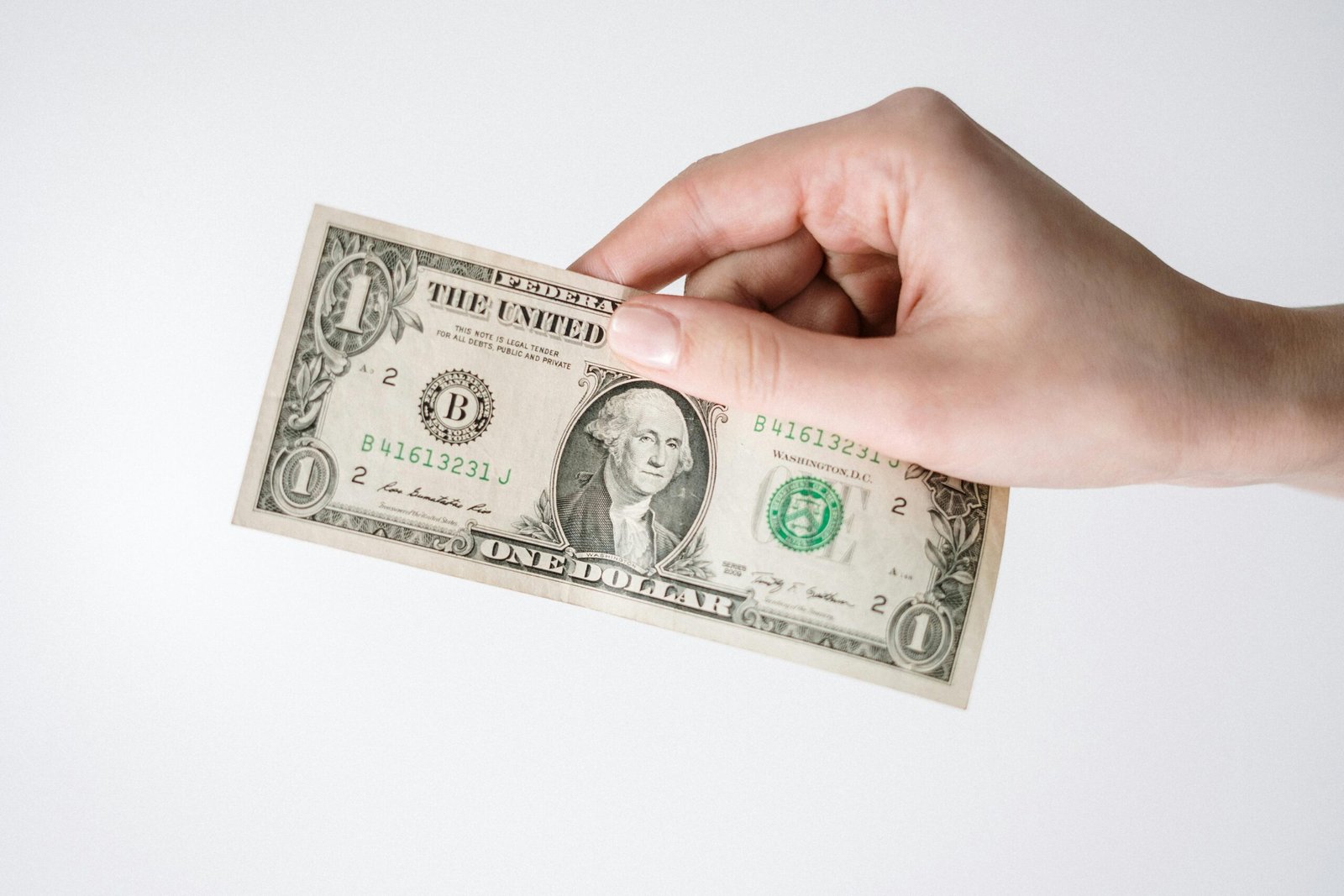For entrepreneurs and small business owners across the European Union, one of the most strategic decisions is how to pay themselves: should it be through a monthly salary or via dividends from the company’s profit?
Both options have their pros and cons—and the economic and tax environments differ significantly between EU countries, affecting what’s most beneficial. In this article, we break it down by region and offer insights into the smarter compensation strategy for business owners.
Understanding the Basics
- Salary: A fixed, regular payment that is subject to income tax, social security contributions, and in some cases, employer-related taxes.
- Dividends: A share of company profits distributed to shareholders. Usually taxed at a different (often lower) rate and not subject to social contributions, but limited by profitability and local rules.

France: High Taxes on Salary, Favor for Dividends (to a Point)
France is known for its heavy social contributions on salaries—often exceeding 45% when employer and employee contributions are combined. Dividends, meanwhile, benefit from the flat tax (“prélèvement forfaitaire unique”) of 30%, which includes social charges.
🔹 Best Strategy: A mixed approach. A minimum salary to qualify for social benefits, plus dividends to optimize tax exposure.
Germany: Structured and Conservative
Germany maintains relatively high income tax and mandatory contributions (health, pension, unemployment). However, dividends are taxed at a flat 25%, plus solidarity surcharge and possibly church tax.
🔹 Best Strategy: For small GmbH owners, dividends are efficient once a base salary is established, but the overall tax burden remains moderate.

Netherlands: Dividend-Friendly for Shareholders
In the Netherlands, if you own 5% or more of a company (substantial interest), dividends are taxed at 26.9% (as of 2025). Salaries are taxed progressively and include high social contributions.
🔹 Best Strategy: Optimize by keeping salaries minimal but acceptable to the tax authority (the “gebruikelijk loon” rule), and then distribute profits as dividends.
Hungary: Low Corporate Taxes, Favorable Dividends
Hungary offers one of the lowest corporate tax rates in Europe (9%), and dividend tax is only 15%. Social contributions are also more lenient on dividends.
🔹 Best Strategy: Business owners in Hungary often benefit more from dividend-based compensation, making it one of the most tax-efficient jurisdictions.
Poland: New Rules, Still in Transition
Poland has introduced a system called “Estonian CIT”, which can allow for tax deferral on retained earnings and optimize dividend distributions. Traditional salaries, however, remain burdened by social contributions.
🔹 Best Strategy: With careful tax planning, dividends can outperform salaries—especially in growing businesses.

Spain and Italy: Traditional Systems with High Contributions
In both countries, salaries are heavily taxed with social security and progressive income tax. Dividends are taxed lower but require previous corporate tax payment, making double taxation a concern.
🔹 Best Strategy: A balanced approach with modest salary and periodic dividends is often the safest route.
Bulgaria and Romania: Attractive for Small Business Owners
Both countries offer low income tax rates (10%) and reasonable dividend taxation. Social contributions are manageable, making it easier to tailor an efficient structure.
🔹 Best Strategy: Dividends are generally more efficient, especially for single-owner companies.
Conclusion: There Is No One-Size-Fits-All
Choosing between salary and dividends depends heavily on:
- The country’s tax system
- Corporate structure
- Your income needs and retirement plans
- Desired eligibility for social benefits (e.g., healthcare, pension)
If you’re running a business in the EU, working with a local accountant or tax advisor is essential for optimizing your compensation strategy.
And of course, no matter how you pay yourself, one thing is constant: your business needs a credible online presence. Visit Rakuzan.eu to ensure your digital face reflects your professional standards.
Need hosting or a domain name? Their partner offer through Hostinger makes getting online easy and affordable.
Disclaimer: This article is for informational purposes only and does not constitute financial, tax, or investment advice. Readers should consult with a licensed professional before making any financial or business decisions.





